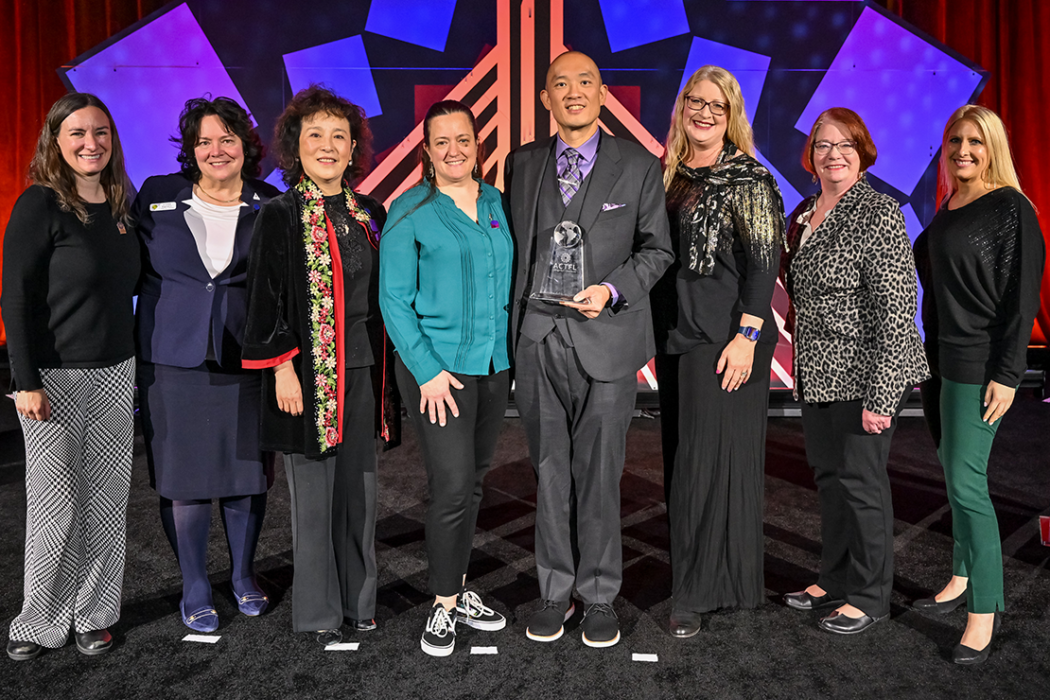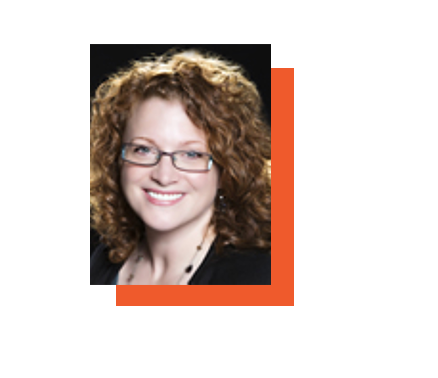Brandee Mau

2015 Hall of Fame Nominee

Campbell County High School
Gillette, WY
2015 Finalist from PNCFL
Johann Wolfgang von Goethe is credited with saying, “He who speaks only one language sees the world with only one eye.” To understand this quote, you must think of what it means to truly see, and the myriad of perspectives that can hinder and help vision. We call ‘seeing’ many different things: foresight; hindsight; abstract view; bird’s-eye view; negative space; perspective; design. Consider the possibilities as we draw the connection between seeing and language learning. Language learning is, and absolutely must be, more than merely memorizing language structures and vocabulary. It is through language learning that we begin to see ourselves and our world, and prove Goethe’s quote. Our students need to see their own bias and perspective and those of others to discover better solutions, forge and foster relationships, and find purpose in their work. Learning a language provides the best way prepare our students for their future.
Through the exploration of a culture’s products and practices, a learner better understands her own and gains a critical look at an aspect of life, such as how we get to school/work (products and practices). A learner realizes that not only other ways exist, but also the possibility of a yet unknown way. The juxtaposition creates a mental space for the learner to explore the rationale and beliefs for a particular aspect (perspective). For example, while learning about the Great Garbage Patch, students studied the different ways we recycle, and the Germans recyceln. But to really speak with a German about the environment, you must understand vermeiden (avoiding), an environmental movement decades ahead of our own. The meeting of the cultural practices and perspectives in such an exchange broadens students' range of visions. Classroom insturction based on themes found in authentic realia, students experience language learning as it should be, as a means to exchange ideas and explore a new way of seeing the same issue. Our second language becomes the way we enhance and articulate what we see.